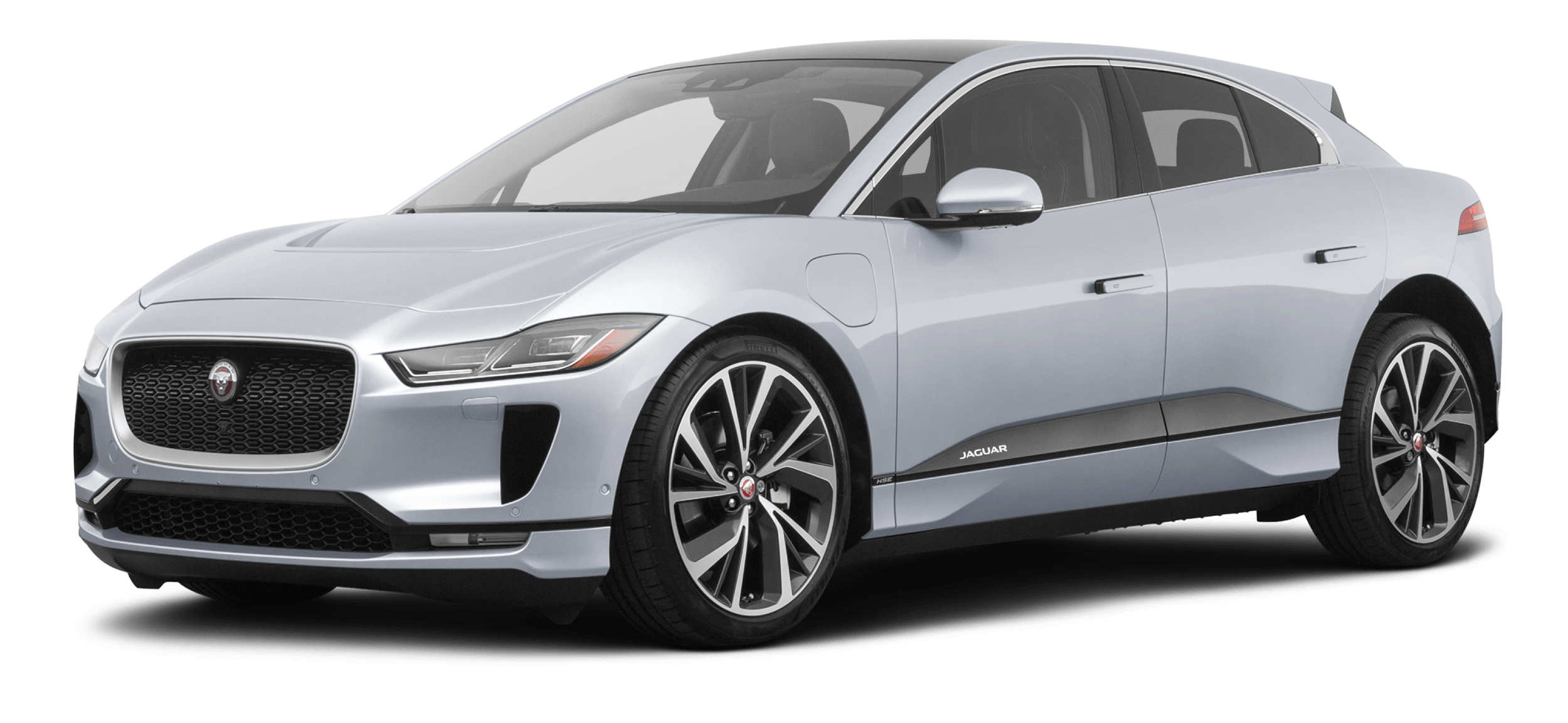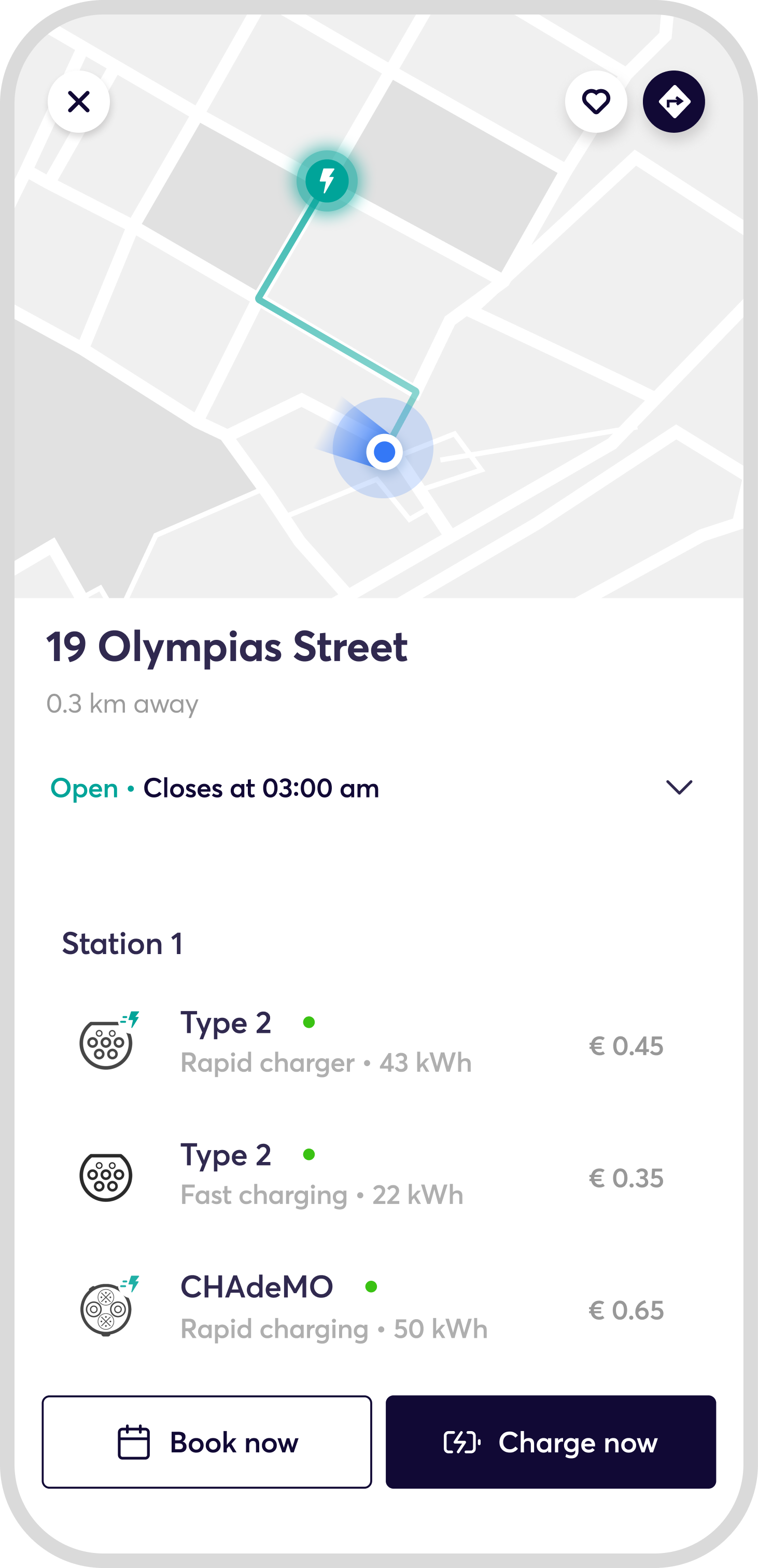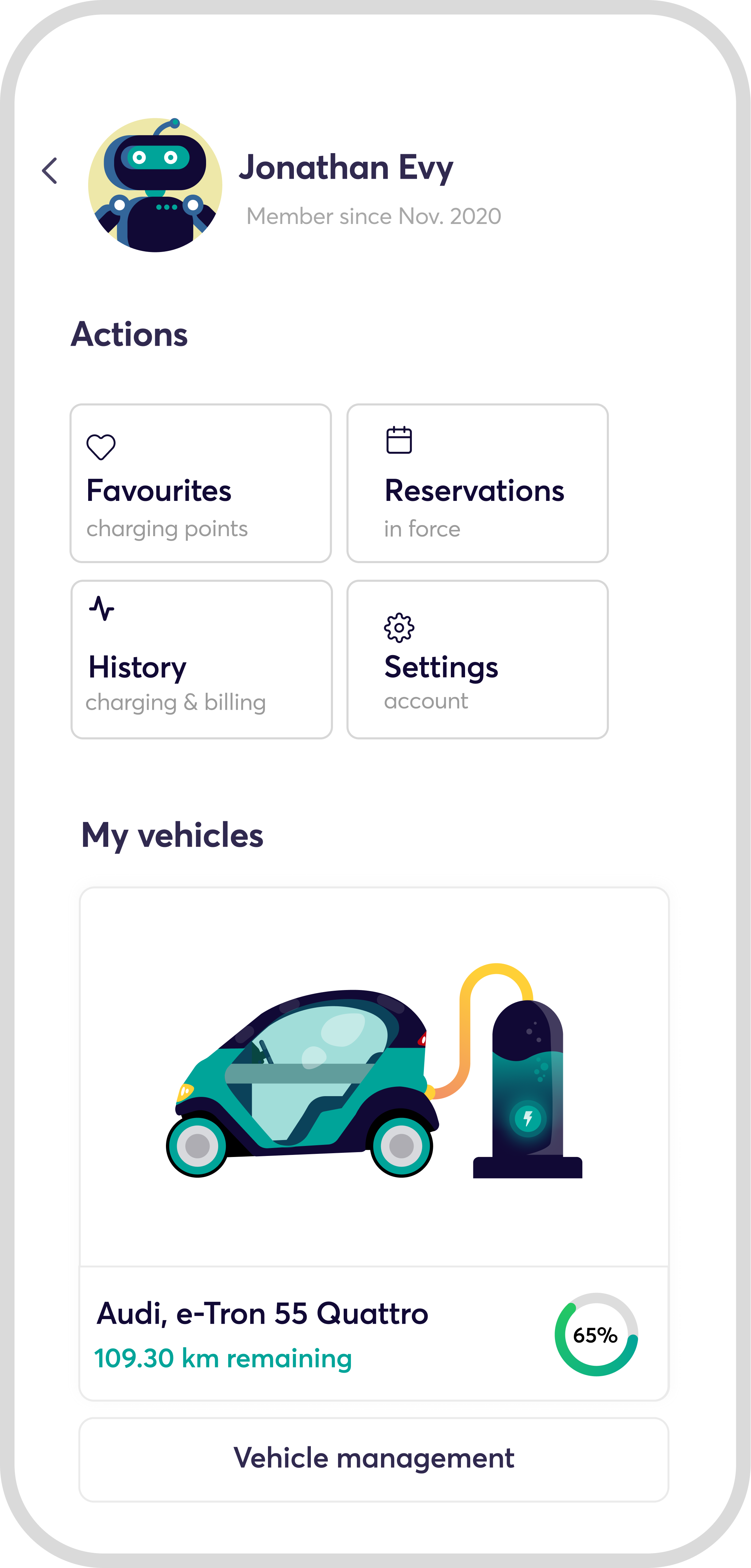Charge your EV
effortlessly.
One app
thousands
points!
Carge unifies thousands of charging stations across Europe and gives seamless access to EV drivers.
Once you register, you will be able to start charging anywhere without using RFID tags.
No money upfront needed.
Get the app
SEAMLESS EV

Time is of the essence. Monitor your battery level, designate when you prefer to stop charging, and even proactively reserve a charging station when the remaining battery range is below a certain distance. In other words, have peace of mind.
Enjoy access to more than 180,000 publicly accessible charge points in 16+ countries.
Partners & Awards

“One app that helps you seek, book, plug, and pay frictionlessly, ensuring unbeatable prices for you...”
Read full story

“Carge integrated with Smartcar to launch EV Connect, a new feature that gives users real-time insights about their vehicle’s battery to enhance their charging experience.“
Read full story

“The Greek start-up company that gives you access to thousands of charging points in Greece and SE Europe...”
Read full story











